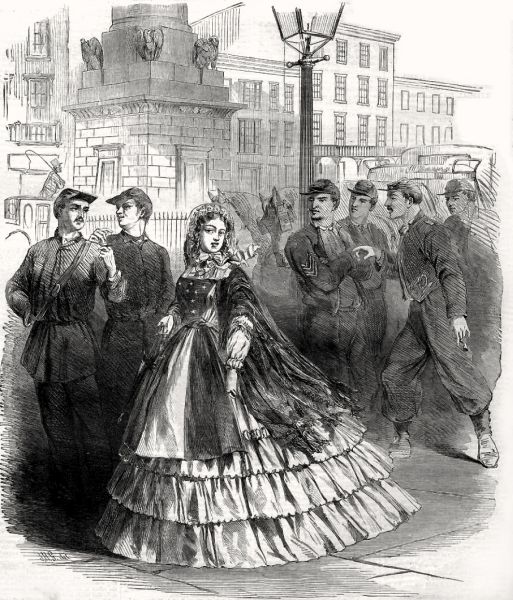White women in the South in the mid-1800s lived in a society that expected them to stay within the home and depend on men. The “ideal Southern lady” was gentle, modest, and loyal to her family. Wealthy women were expected to rely on men for protection and to devote their lives to being wives and mothers. This protection came with limits. Men made most legal and family decisions. Women were expected to obey their fathers or husbands for security.
On large plantations, elite women managed the household while enslaved people did most of the labor. These women supervised cooking, cleaning, and child care, making sure the household ran smoothly. They kept track of household budgets, managed supplies, and directed enslaved women who worked in the home. Though their lives appeared comfortable, many faced isolation and loss. Plantation life was often lonely. Letters from that time reveal that women felt trapped by strict expectations.

For women in lower classes, daily life was much harder. Yeoman and working-class white women cooked, cleaned, raised children, and labored beside men in the fields. Their strength and work ethic were praised as signs of good character, while elite women were praised for grace and gentleness. In cities and towns, some women worked as teachers, seamstresses, or servants. These women challenged the belief that "respectable" women didn't work. Yet, they faced few opportunities and earned low pay.
Across social classes, women in the South lived under male authority. Their duties depended on class and wealth, but nearly all were expected to remain in the domestic sphere. Still, they shaped Southern life and culture through their labor, resourcefulness, and influence within families.
